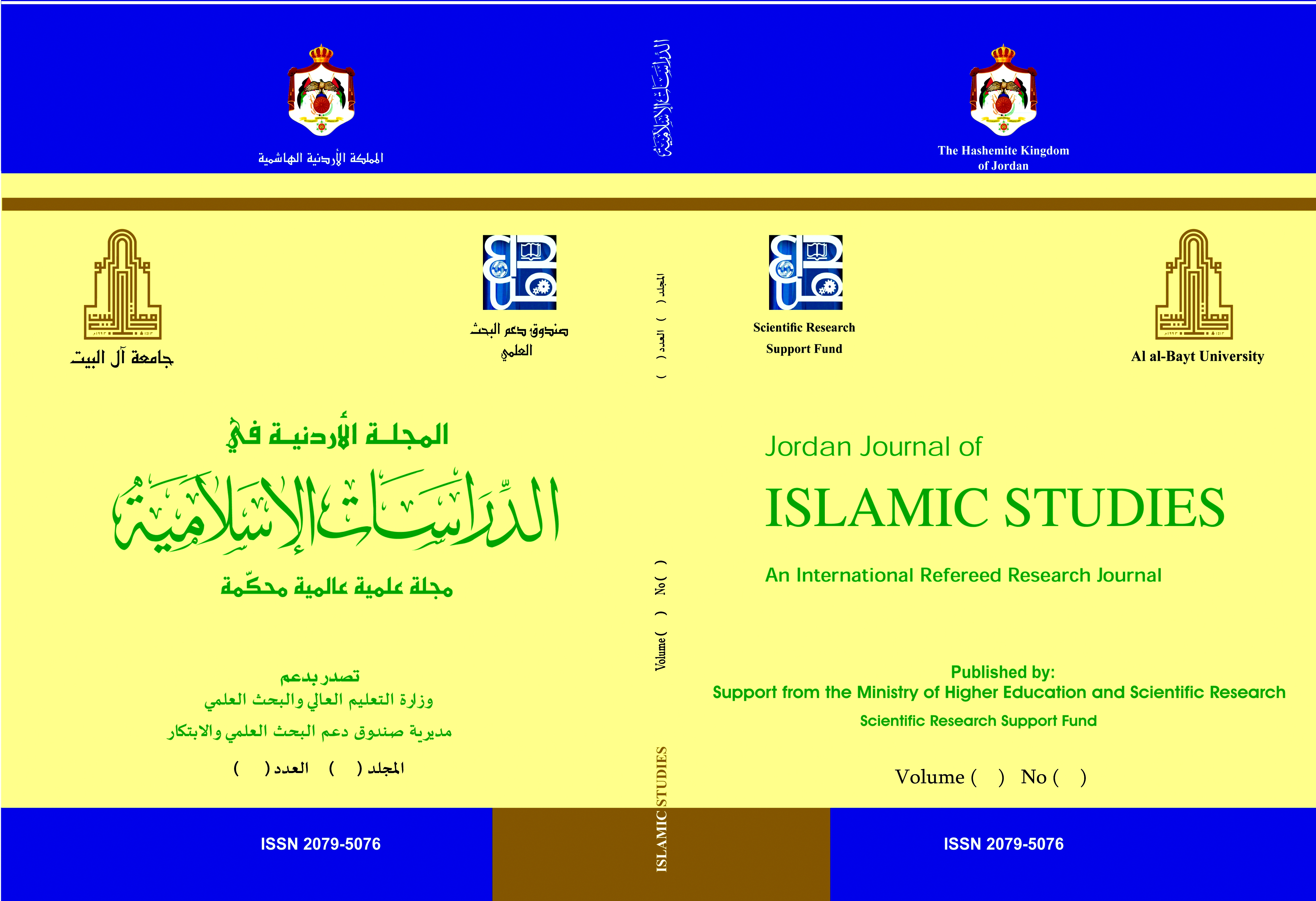Jordan Journal of Islamic Studies

Abstract
This study is concerned with throwing light on how translators handle translating verses of the Holy Quran from Arabic into English which contained Arabic ellipted verbs. It exhibits the ability of translators to sense the ellipted verbs in the Source Language and its effect on the Target Language if these verbs were found or ignored. The examined verbs are in: Condition, Oath, Jurisdiction, Questioning, Temptation, Adverb and Conjunction cases. The translation of five well known translators of the Holy Quran were selected for this purpose. The study is divided to introduction which focuses on the translation of the Holy Quran, the importance of the study, its objectives, and the literature review. The theoretical framework aims at the problems of translating the Quranic verses, the methods of ellipsis and the estimation in Arabic. As for the practical framework, it discusses the selection and analysis of the samples of the study. It was concluded that the five translators varied in handling the ellipted verbs in their translations either they were translated or ignored, although these verbs were ignored in most translated verses. Moreover, negligence contributed negatively to the semantic meaning of the Quranic verses in the Target Language in most cases.
Recommended Citation
Al-Thawabia, Haitham Hammad and Rabdi, . Reem Ibrahim
(2018)
"ترجمةُ المحذوفِ الفعليّ في القرآنِ الكريمِ دراسةً مقارنةً English Translation of the Arabic Ellipted Verbs in the Holy Quran: A Contrastive Study,"
Jordan Journal of Islamic Studies: Vol. 14:
Iss.
3, Article 10.
Available at:
https://digitalcommons.aaru.edu.jo/jois/vol14/iss3/10

